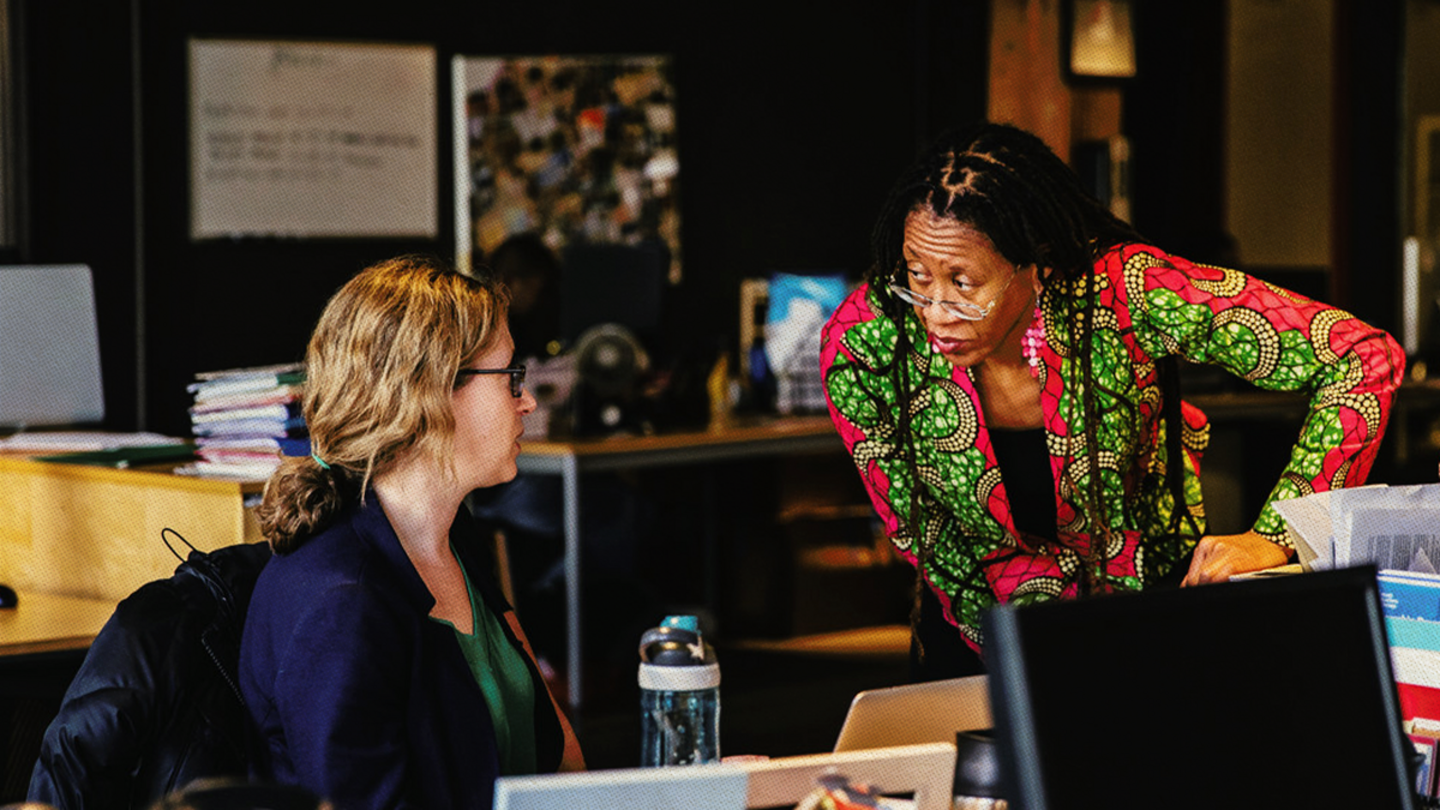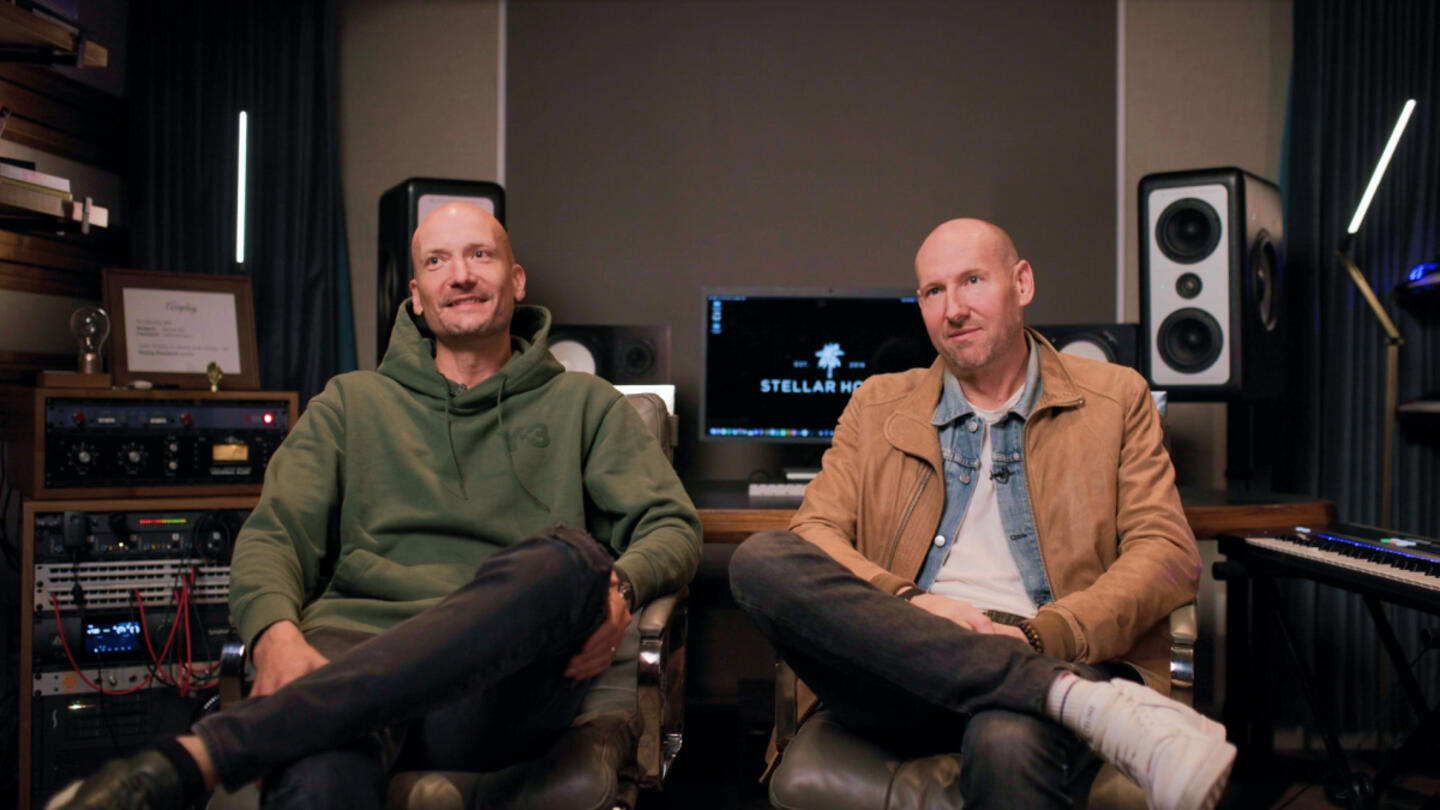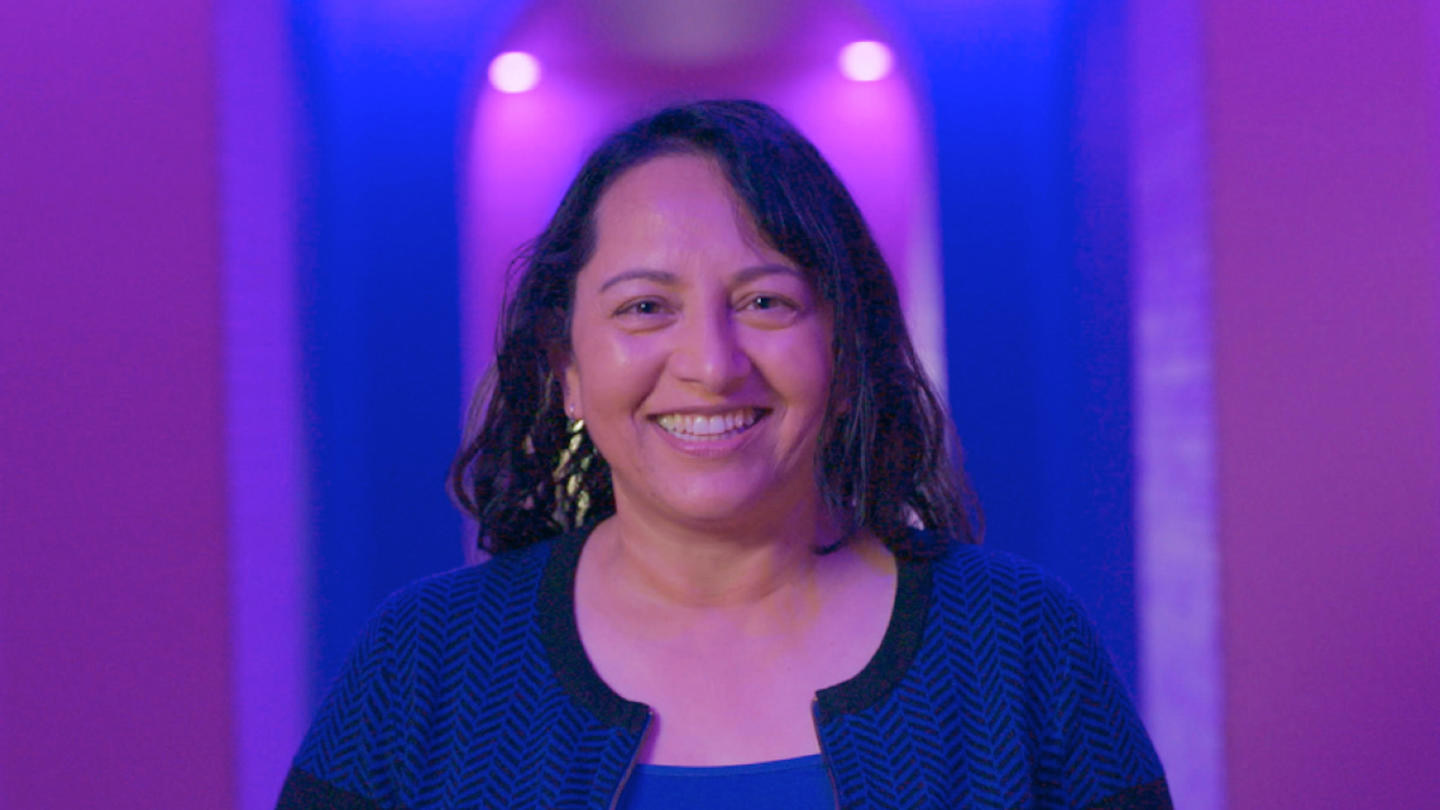What if your car loan was only $100 a month, regardless of how much you borrowed? What if you had no deadline for paying it back? What kind of car would you buy?
Probably a pretty nice one. Why not? You’d be able to afford it, right? The economics sound pretty sweet, but there’s a catch. As soon as Tesla, Ford, GM, and the other car companies found out about this loan with infinite payback options — you guessed it — car prices would skyrocket.
That’s not all. Prices would increase artificially, removing incentives for automakers to innovate or improve the quality of their cars. Over time, you would be paying more money for less and less car.
This is the story of student loans. The federal student loan program has been artificially inflating the cost of university degrees for decades. Over time, students have been paying more money for degrees that are less and less valuable.
Some studies cite the median return on investment (ROI) for college degrees as proof that college is better than no college. However, according to the Foundation for Research on Equal Opportunity, this can be misleading. Actual ROIs for individual students vary widely depending on the college they attend and their degree program. The highest ROIs can amount to millions of dollars, but nearly 4 in 10 degree programs in the United States have a negative ROI — including some Ivy League programs.
What’s more, employers have spent years highlighting a growing gap between what colleges teach and the skills companies call for in the workplace. Americans need innovative alternatives that bridge the gap between what students are learning and the skills employers seek.
Enter Unmudl. This skills-to-jobs marketplace partners with employers to design affordable courses and certificates that train students for in-demand jobs. Since many skills require hands-on practice, Unmudl recruits community colleges to offer those in-person experiences. It’s a powerful mixture of on-demand training and apprentice-like experiences for learners.
According to Parminder Jassal, Unmudl’s founder and CEO, it’s time to change the way we think about careers and how we train for them. Education options need to be as dynamic as the job market and the individuals in it. The Burning Glass Institute found that since 2016, 37% of employers’ 20 most requested job skills have changed. One in five are completely new.
Just as 18-year-old college students can’t expect to drive one car for the rest of their lives, they can no longer expect to stick with one career. Priorities shift. Interests come and go. Business and technology needs evolve. Talents manifest differently from one job to the next. Individuals grow and change.
Learning and working should be a cycle, Jassal explained. “It’s not here are the skills, here is your job, once and done,” she said. “Having that revolving, continuous door is crucial.”
The vast majority of employers say they value skills more than degrees, but 52% still hire the old way
According to a study by Harvard Business School, employers have progressively used degrees as proxies for skills. Degree inflation is the rising demand for college degrees in roles that previously didn’t require them. Despite drawbacks — college graduates have higher pay expectations and more turnover than non-graduates — these days, employers ask for degrees for many “middle skills” jobs that used to be done by non-graduates.
Degree inflation is bad for business. Tagging a job posting with a degree requirement automatically excludes 70 million Americans. “There’s all these unfilled jobs out there in the millions,” said Jassal. “Companies need talent, and if they don’t find talent they’re unable to grow. They’re unable to even keep up.”
College degrees aren’t panning out in other ways. After huge investments of time and money, many graduates feel they’ve hit a dead end. More than half didn’t apply for entry-level jobs because they weren’t qualified, and nearly half said they weren’t qualified because they didn’t have the skills in the job description. Employers agree. Intelligent.com found that 58% of employers say recent graduates aren’t prepared for the workforce.
This legacy degree–no-degree system isn’t serving employers or learners well. We’re relying too much on old education and employment models, said Jassal. “We need to be looking at the future of jobs as we build the education of today.”
We need to be looking at the future of jobs as we build the education of today.”
Parminder Jassal
Unmudl, founder and CEO
Future education options should be as flexible as future learners
The traditional two- and four-year degree model assumes the most important career development happens only once — on the front end, before actually doing the job. This one-size-fits-all system ignores several realities in today’s job market: Americans have more than 12 jobs in their lifetimes. The economy is perpetually remodeling to keep up with technology. Jobs like drone operator, blockchain engineer, and big data scientist didn’t exist 15 years ago. And, most importantly, what an 18-year-old college student finds fulfilling is likely to change by the time they are 40.
In her research before launching Unmudl, Jassal found workers and learners were changing their mindset. “Instead of signing up with a destination in mind, what we saw was that folks wanted to reveal their future forward.” She explained that this means, “revealing your future as you go.”
“It can be a step at a time,” Jassal continued. “You can take a course; here’s a job. Take a course; here’s another job. It doesn’t necessarily mean that every job has to be greater and better than the last one.”
This artificial belief that career pathways need to be vertical instead of sideways or meandering is limiting. It prioritizes advancement over fulfillment. Jassal said workers should be asking other questions: “What about satisfaction? What about purpose? What about interest? What about compassion? What about being a good human? How do we incorporate all of that into the choices that we’re making at different times of our life?”
She calls future students “working learners.” Their lives are so blended that successful education offerings need to make it possible for them to “work and learn simultaneously.” Working learners reinvent themselves multiple times in their careers. Putting their lives on hold for years in order to train for a new job is impractical. They aren’t the stereotypical college student with only themselves to take care of. They continue to support dependents and meet financial obligations while upskilling for new opportunities.
Scott Gerson is a working learner. After filling various roles in an Amazon warehouse — basic associate, problem solver, process assistant, learning trainer — he discovered he was interested in mechanics and set a goal to become a maintenance technician.
In a bid to reach that goal, he recently completed an Unmudl Original Mechatronics course (a combination of electrical and mechanical engineering). Unmudl’s flexibility was crucial. It allowed him to seamlessly integrate coursework into his hectic schedule, even during long workdays and travel. “Being able to chug away at a course on my own time, whether at home or during downtime at work, definitely helped,” he shared. The ability to practice hands-on training at his local community college also simplified his life. And, if he ever decides to pursue a degree in engineering, the Unmudl classes give him college credit towards that goal.
The Unmudl course made it possible for Gerson to apply for and get a position in Amazon’s maintenance department. He is now working as a maintenance technician. This role is more interesting to him than his previous jobs. “I definitely am liking going to work more,” he said.
He likes his prospects for a career in mechatronics, but he still doesn’t see it as his ultimate destination. “I’m at the bottom of a department, but there’s a high ceiling for where I can go,” he said. “It’s much more of a career path because all the skills that I’m going to learn here — whether it’s as a maintenance tech, whether it’s as a controls tech — it’s going to give me skills and knowledge and prepare me if I ever want to go somewhere else.”
Collaboration between employers and educators is critical for successful job training
The status quo relationship between employers and educators is fragmented. Colleges and universities aren’t listening to employers, so their programs aren’t able to meet employers’ rapidly changing needs. Unmudl addresses this gap by connecting employers with community colleges and managing the relationship for them.
“No one in this economy wins if you’re alone,” said Jassal. “You win if you’re collaborative.”
The companies Unmudl partners with have geographically dispersed hiring needs. They might have anywhere between five and 50 worksites spread across the United States that they are trying to staff. When they send their hiring plans to Jassal, she builds relationships with community colleges local to those worksites, and then all three — the employer, Unmudl, and the local community college — work together to design a talent strategy for training and filling those positions.
Jassal’s innovation is that she is turning community colleges into a nationwide network of education providers that are aligned with employers’ national and local job needs. When learners take an Unmudl course, they can be confident the skills they are learning apply to local and national in-demand jobs.
This model has the added advantage of making it easier for large employers to move into new local economies. For example, when Amazon selects a site for a distribution center, it needs hundreds of local workers trained to run the warehouse. Instead of importing employees to the area, Amazon has designed role-specific coursework with Unumdl.
Once a site has been chosen, Unumdl enlists the help of local community and technical colleges to rapidly train hundreds of potential employees to run the new warehouse. The company knows it’s getting employees trained for jobs unique to Amazon. Learners know their educational efforts have a clear link to employment outcomes, and community colleges do what they were designed to do — support their local economy. The model benefits all three stakeholders.
Employers have “more choice of people who are highly skilled, highly qualified, and highly interested in what they have to offer,” said Jassal. And working learners have the freedom to “reveal their future as they go.”
She said Unmudl must be good for all three stakeholder groups, but it means nothing if it doesn’t improve the lives of real people. “Working learners deserve to be a part of the future just like anybody else,” she said.
Sign up for Stand Together's Rethinking Work & Learning newsletter to get the latest stories, ideas, and trends on the future of employment.
A ‘best’ solution doesn’t exist
Two and four-year degrees and the government’s student loan programs overlook a fundamental principle: There is no one solution — not for the scarcity of trained talent and not for the tuition crisis.
In the Unmudl marketplace, Jassal has designed a creative alternative to traditional degrees, one that has potential to transform national and local economies, but she is quick to emphasize that her company is (and should be) one of many. “Innovation is derived from all kinds of people,” she said. “You can think gender, ethnicity, geographical location, etc. One of those diversities that’s required for innovation is the level of skill and the level of knowledge that various people have.”
“So what does that mean?” she continued. “It means that you need people who have practical knowledge. You need people who have expert knowledge. You need people who come from different socioeconomic statuses because their understanding and experience sets will be different.”
As for working learners, she said Unmudl would never pretend to know what is best for each individual, but they will help them figure it out for themselves. “We are experts at helping to reveal your future. So instead of a predetermined future … we help you take the building blocks and put them together in the best possible combination so that you can reach your goal, even though it may only be a 6-month goal or a 9-month goal. You don’t have to sign up for two years or four years.”
***
Unmudl is supported by Stand Together Ventures Lab, which invests in and supports founders and their early-stage start-ups that are challenging the status quo.
Learn more about Stand Together’s Future of Work efforts, and explore ways you can partner with us.

Here’s how to bridge the disconnect between employers and employees.

Lessons learned from Colorado.

Could a program built to develop music talent change the way we think about education?

How to help the talent of today fill the jobs of tomorrow.
